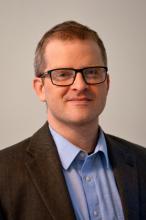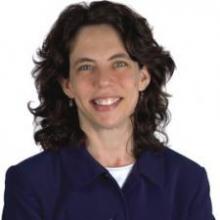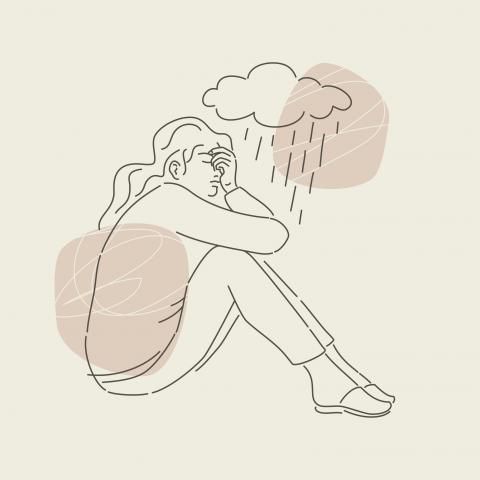
This presentation was recorded at the ADAA 2024 Conference and is not eligible for CE/CME credit.
Prolonged grief is a bereavement specific syndrome characterized by persistent, distressing, and impairing grief. In recent years, there have been substantial advances in delineating the boundaries of this syndrome and in developing treatments to support those struggling with prolonged grief. However, much remains unknown about the etiology of this condition. Although many biological, psychological, social, and cultural factors have been demonstrated to relate to greater prolonged grief severity, there is little insight into how these factors work together to confer vulnerability for prolonged grief. In this symposium, we present a series of studies working from a biopsychosocial systems framework and using a range of innovative methods to better understand and predict prolonged grief.






















